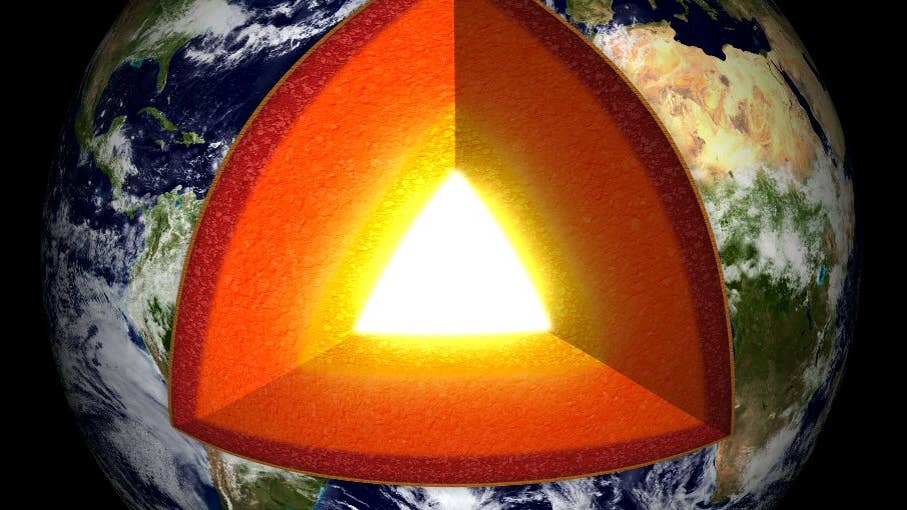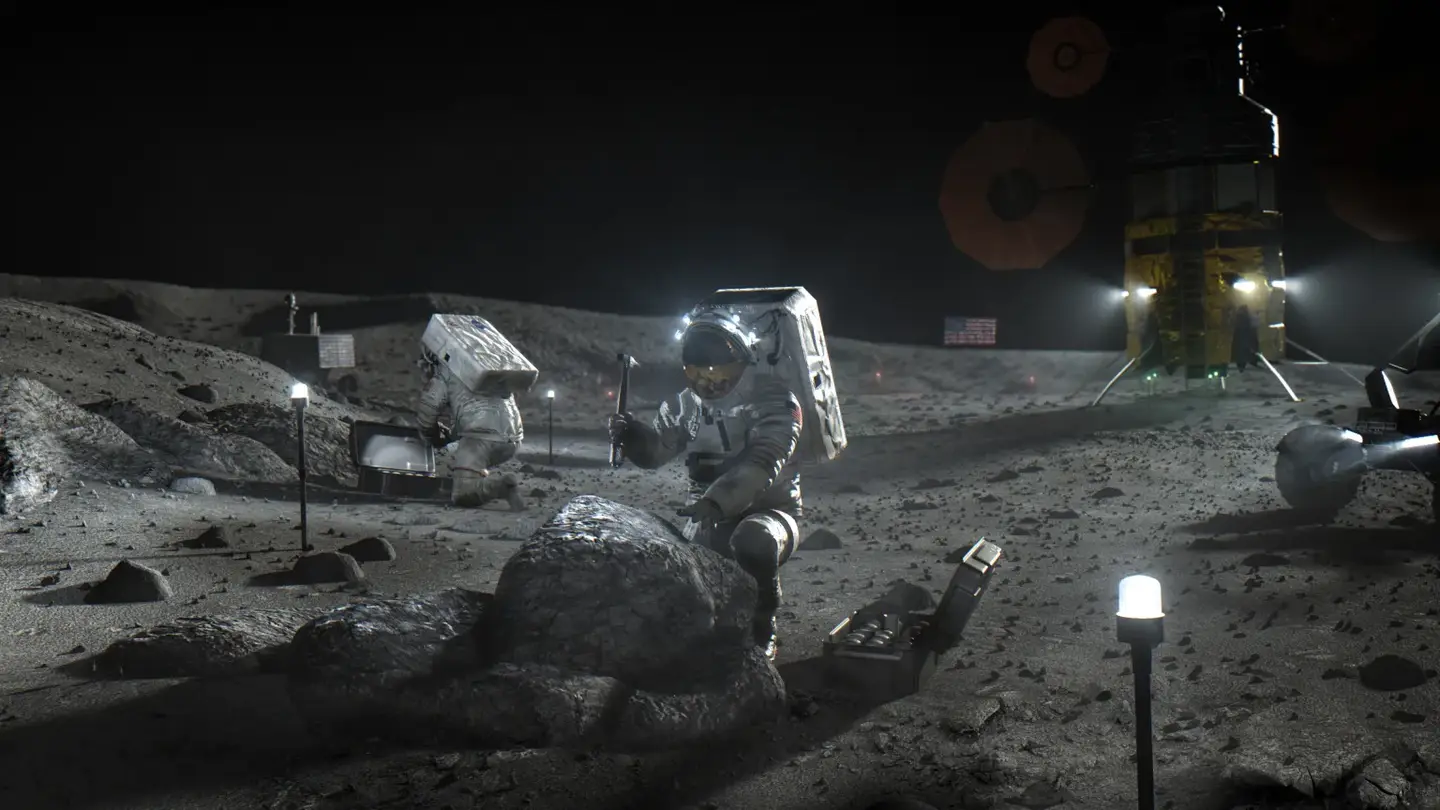This Week’s Awesome Stories from Around the Web (Through Oct 17)

Share
ROBOTICS: Humans Will Love Robots More When They’re Flawed
Emiko Jozuka | Motherboard
"'Humans forget names, things, and appointments so we were seeing if a robot with those kinds of traits would be more appealing to people, and the initial results from the research suggests that it is.'"
ARTIFICIAL INTELLIGENCE: The Challenges Of Building AI Apps
Mike Chalfen | TechCrunch
"Of the many potential applications of AI that get us excited...many fall into this category of startup management and engineering challenges that are not going to be straightforward to solve.
INTERNET: Facebook’s Internet Drone Team Is Collaborating with Google’s Stratospheric Balloons Project
Tom Simonite | Technology Review
"'I think that connectivity will become a human right.'"
NEUROSCIENCE: Will You Ever Be Able to Upload Your Brain?
Kenneth Miller | New York Times
"To reconstruct a mind, perhaps one would not need to replicate every molecular detail; given enough structure, the rest might be self-correcting. But an extraordinarily deep level of detail would be required, not only to characterize the connectome but also to understand how the neurons, dendrites, axons and synapses would dynamically operate, change and adapt themselves."
MEDIA: This Machine Writes Better Clickbait Than You
Dave Gershgorn | Popular Science
"'This gives us an infinite source of useless journalism, available at no cost,' Eidnes writes. 'If I remember correctly from economics class, this should drive the market value of useless journalism down to zero, forcing other producers of useless journalism to produce something else.'"
FOOD is the Global Grand Challenge
for the Month of October
"Access to sufficient, safe and nutritious food to maintain a healthy and active life for all people at all times."
from Singularity University's 2015 Impact Report
Be Part of the Future
Sign up to receive top stories about groundbreaking technologies and visionary thinkers from SingularityHub.


PRODUCTION: This Is How the World Is Growing More Food With Less Land
Ria Misra | Gizmodo
"Until 40 years ago, almost all agricultural growth was down to simply planting more and more. But, for farm growth today—while it’s still a little about more plants, more water, more land—the real growth is in higher yield varieties, better and heartier plants, and more technologically-adept farm equipment."
HUNGER: The World Is Not As Hungry As You Might Think
Rae Ellen Bichell | NPR
"Between 1870 and 1970, about 1.4 million people died each year in what Alex de Waal, one of the index report authors, calls 'epidemics of starvation.' By contrast, about 40,000 people have died each year since 2000 from large-scale hunger. And hunger levels have dropped by about a third in developing countries since 2000."
GENETICS: We’ve Bred Plants To Remove Their Natural Defenses. How Do We Get Them Back?
Dan Nosowitz | Modern Farmer
"One of the newest appears in an opinion paper in the scientific journal Trends in Plant Science. The paper, authored by researchers from Mexico and Sweden, argues that a chief method to lowering pesticide use could be found in ramping up a plant’s natural ability to attract, rather than repel, certain insects. "
Be sure to chak out Popular Science, which is featuring a great series this month on the Future of Food
Image Credit: Shutterstock
David started writing for Singularity Hub in 2011 and served as editor-in-chief of the site from 2014 to 2017 and SU vice president of faculty, content, and curriculum from 2017 to 2019. His interests cover digital education, publishing, and media, but he'll always be a chemist at heart.
Related Articles

This Week’s Awesome Tech Stories From Around the Web (Through February 14)

Vast ‘Blobs’ of Rock Have Stabilized Earth’s Magnetic Field for Hundreds of Millions of Years

Elon Musk Says SpaceX Is Pivoting From Mars to the Moon
What we’re reading